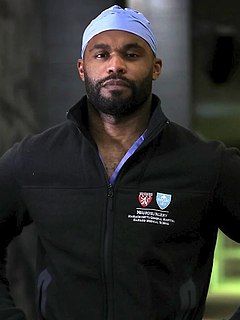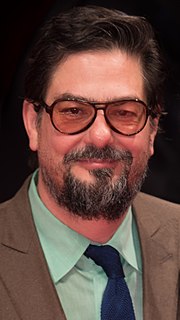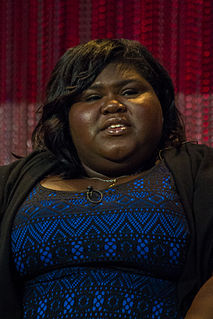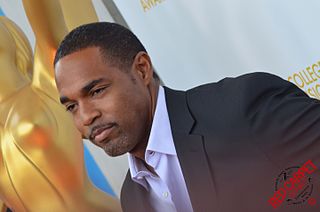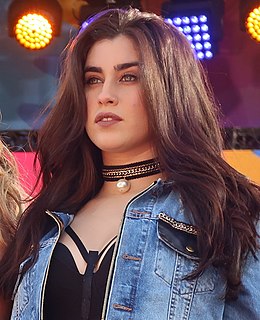A Quote by Myron Rolle
I think people align themselves with my way of thinking when they're talking to me. They try to create new avenues for me to pursue, so if you want to be a doctor and you have interest in human rights and philanthropy and social equality of medicine and disease, why don't you think about being surgeon general?
Related Quotes
Spaces of liberation are, in a certain way, some kind of social spaces where people can not only get together and think about something else, but also act together. If you are thinking about an elemental solidarity, you are thinking about people acting together and taking decisions together, and thereby beginning to think about what sort of society they want to create. So, there is a need for liberated spaces; that is really difficult.
I published a thesis about animal rights when I was studying in England in 1991. Back then, I was a human rights lawyer and people condemned me for talking about animal rights when human rights are still not guaranteed. However, human rights are guaranteed in a society where animal rights are secured.
I think, questions about what it means to respect nature become very important because just as in human society, for example, part of what it is for me to live a good life as a human being in a human society is to have respect for others around me. Now, that respect, to some extent, can be thought of as being grounded in the rights and interest of others but it also has to do with the stance that I take in the world and what it is that provides meaning and significance in my own life and I think there are similar ideas of respect for nature that apply as well.
I think that to me, films are personal affairs. It doesn't mean that I am against other people doing things differently, but I'm talking about what I can do. So I don't feel comfortable going to a new city or a certain class of which I don't have sufficient knowledge, doing research on that, and then writing a story about it I don't think I have the ability of presenting other people on screen in that way. It makes me uncomfortable. This doesn't mean that I only want to talk about myself. I want to talk about what I know.
I think, for me specifically when it comes to music, I don't think that I need any persuading to think about it. It's always kind of in the back of your mind and - but I think it's part of who I am and always will be, I mean, in a very cellular way. When you grow up doing, you know, one thing, I think you get to this place where you want to try new things. And I do think that we live in the type of world where people get comfortable with you in one way, and so seeing you in a different way, it takes some time.
Lately, I'm thinking a lot about, in parenting and in my writing, how to create a language about sexism in a way that is attractive and approachable to this age group. I can teach my daughter about not talking to strangers but I can't teach her about how to succeed in a sexist world or even how to exist as a body in a sexist world. I want to begin by asking girls what they want and why they want it? Interrogating that. If this is the sex life you want, what makes you think you want that? I imagine the only way to authentically get at sexuality is by asking those questions.
I've had opportunities before to run for office - the Republicans recruited me when I was surgeon general, to run for Congress, to run against Gov. Napolitano. But I didn't feel it was my calling... I felt, 'Well, I'm flattered, but I really would rather stay and be the doctor of the nation and stay as surgeon general.'
When I say a girl like me, I bet you think I'm just talking about being fat. How dare you fat-shame me? You think I'm talking about being black? Racist. What makes you think I'm not talking about being smart? What? You don't think a fat, black girl can be smart or something? Fat-shaming racists like you make me sick.
Some people ask, 'Why the word 'feminist'? Why not just say you are a believer in human rights, or something like that?' Because that would be dishonest. Feminism is, of course, part of human rights in general - but to choose to use the vague expression 'human rights' is to deny the specific and particular problem of gender.
